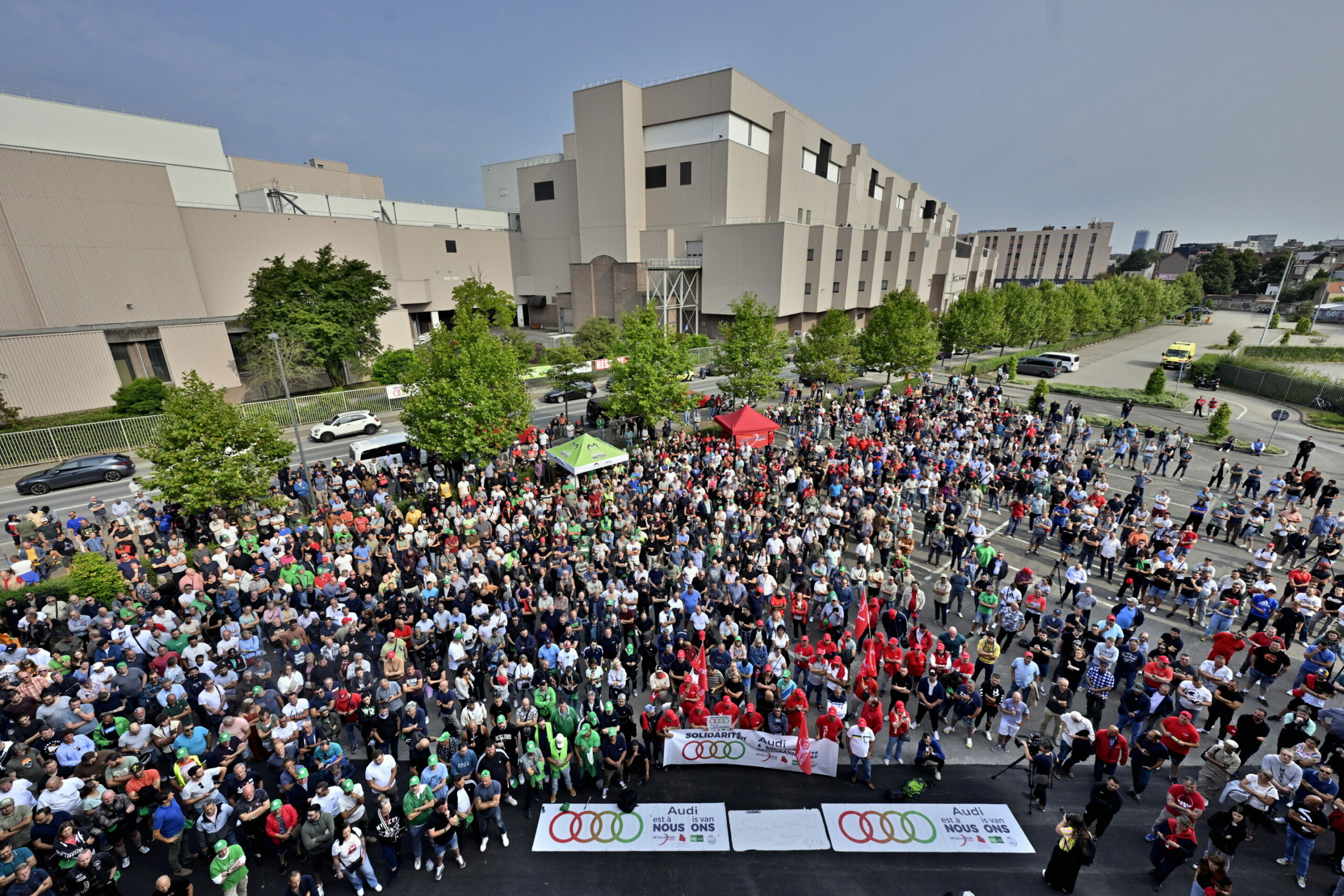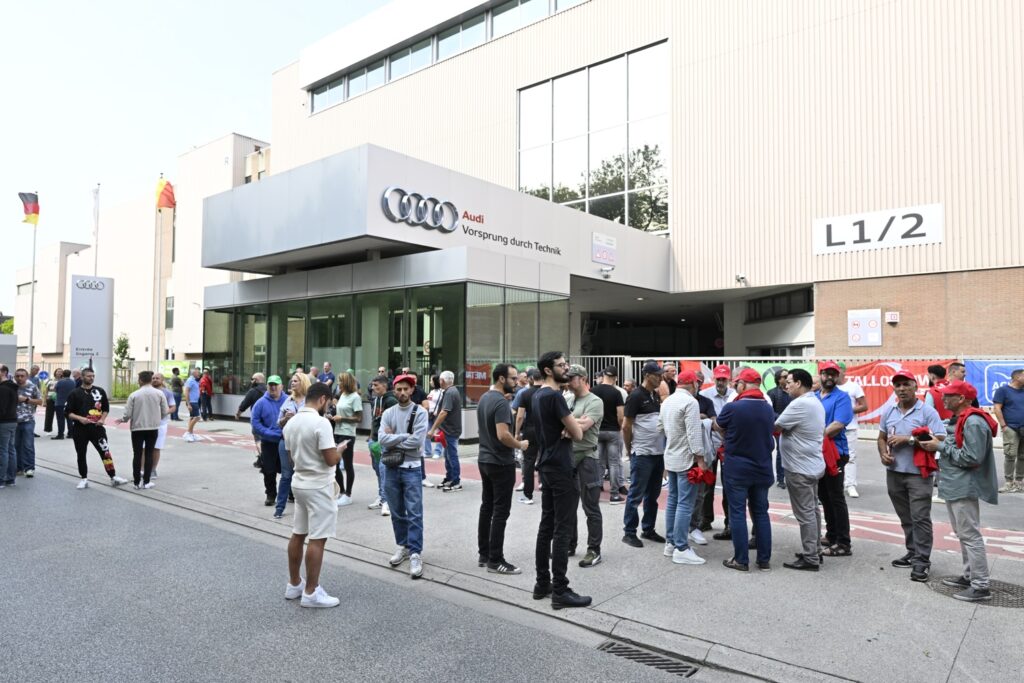Directors of Audi Brussels have refused to host a delegation of members of parliament at the Forest site while operations remain suspended.
The news was reported by a "stunned" Denis Ducarme (MR), who chairs the Social Affairs Parliamentary Committee.
In July, the carmaker’s unions had suggested a factory visit, with parliamentarians of the responsible committees in favour of the idea.
Just last week, the Belgian Workers' Party (PTB-PVDA) insisted again on organising the visit, to demonstrate the absurdity of closing a modern factory capable of adjusting to the needs of future automobiles.
Despite efforts by the parliamentary services to make contact, they were unsuccessful, explains Ducarme. He communicated his dissatisfaction to Audi Brussels’ board first-hand, remarking that a refused visit might be a first in parliamentary history.
He expects a response from the board by today or tomorrow. If not forthcoming, he will convene the committee earlier. The directors had also been invited to the parliament in July but did not show up.

Workers gather at Audi Brussels in Forest, Brussels, Tuesday 20 August 2024, while a works council is held inside the plant. Credit: Belga
On Tuesday, it was announced that the Forest factory would not be allocated a new model by parent company Volkswagen, with staff choosing not to return to work as planned. Audi Brussels’ staff did not return to work on Wednesday in protest, after weeks of collective leave and summer closure.
On 9 July, just before the company-wide closure for several weeks, Audi’s management announced their plans to restructure the Brussels factory, putting nearly 3,000 jobs at risk. Management of the plant have said that closure is not imminent and they are exploring several options, including procurement of investors or establishing alternative production.
ACV Secretary Jan Baetens urged the management to quickly clarify what alternatives might be in store for the factory. "The next works council is scheduled for the 17 September but it is better to act as soon as possible for Audi’s workers and dozens of subcontractors," he said. Failure to do so, he argued, would not retain "at least half of the 3,000 workers".

